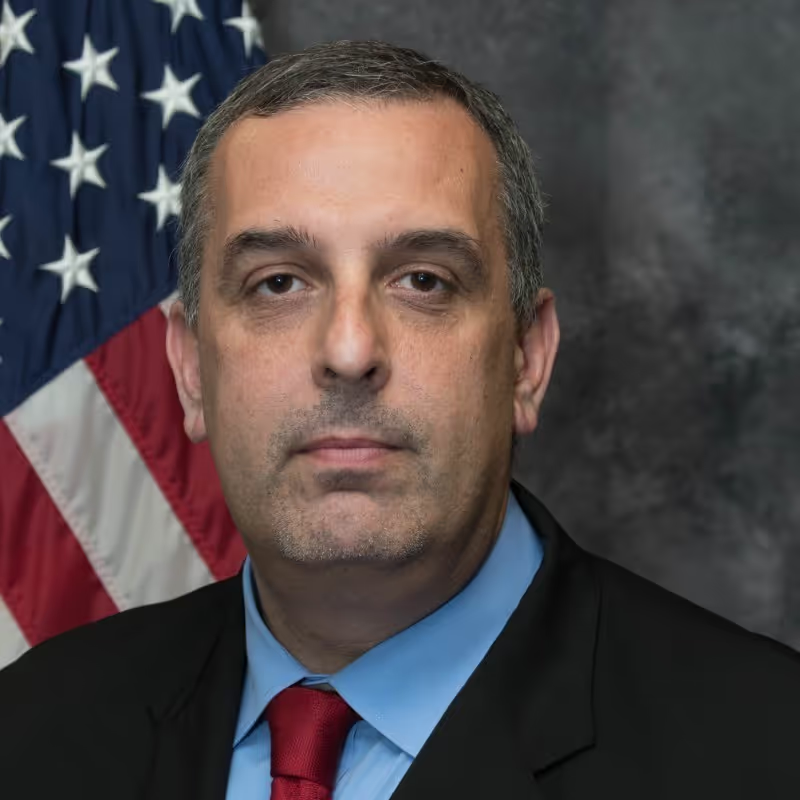)%2520(800%2520%25C3%2597%2520500%2520px)%2520(13).avif)
The TOP 9 Root Causes for OFAC Sanctions Violations
This is a repost from our LinkedIn page – follow our LinkedIn page to stay updated!
🔝The top 9 root causes for OFAC sanctions violations AML, compliance, and sanctions screening officers must be aware of.
🇺🇸The U.S. Department of the Treasury Office of Foreign Assets Control #ofac sanction programs are designed to react to specific US security threats, foreign policy, and national security goals.
🙅♂️OFAC restricts financial or trade-related activities of a country, region, government, or individual deemed unlawful or harmful.
🌎All US citizens and all lawful US permanent residents, wherever they are located, must comply with OFAC sanction regulations.
🏦US financial institutions operating outside the country, goods or services exported from the country, and all non-US persons involved with business activities in the US are all expected to adhere to sanction requirements.
👓Smart #ai powered sanctions, politically exposed persons #PEP, and crime watch screening tool service provider sanctions.io recently identified reasons organizations and individuals violate OFAC sanction regulations and documented and explained each reason in a report: Root Causes for OFAC Sanctions Violations.
9️⃣The report found 9 main reasons for OFAC sanctions violations:
❌No Sanction Compliance Program
❌No Understanding of OFAC Sanction Regulations
❌Irregular Dealing in Sanctioned Regions
❌Irregular Trading of United States Goods and Services
❌Processing Irregular Financial Transactions
❌Outdates Sanctions Screening Software
Inadequate Due Diligence
❌Decentralized Sanctions Compliance Program
❌Using Non-Traditional Payment Methods
⛓See here the link to our detailed report.
👟Follow sanctions.io on LinkedIn to see how you can incorporate smart artificial intelligence powered sanctions and PEP screening for your AML, KYC and #tradecompliance screening needs.



